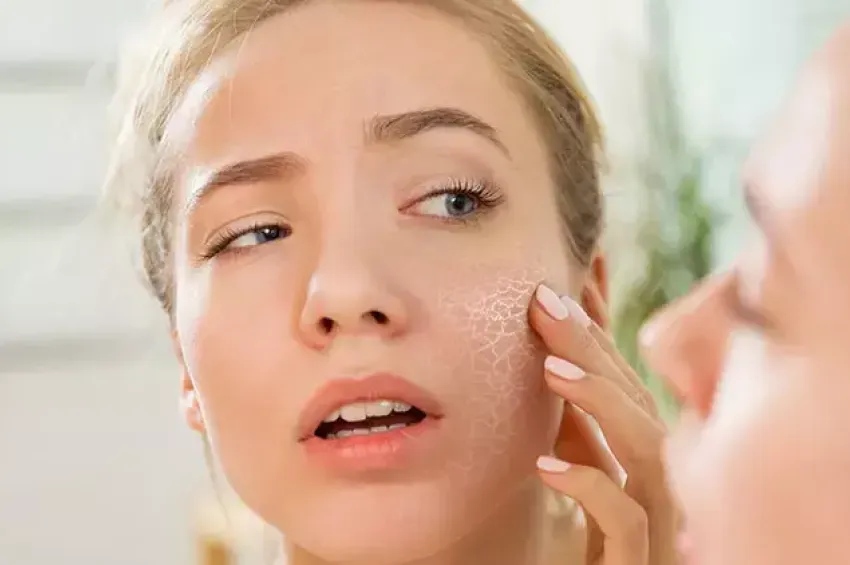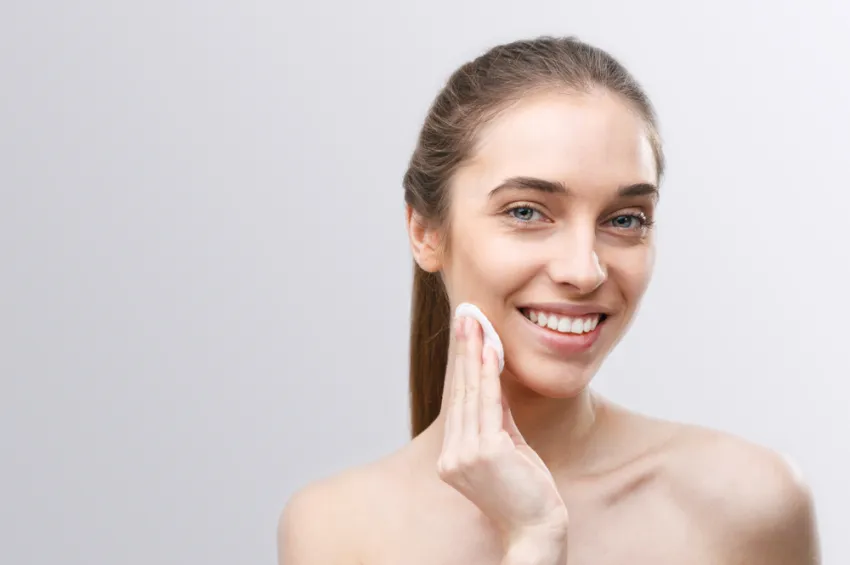
Stress has become an inevitable part of modern life and negatively affects not only our mental but also our physical health. Our skin is one of the organs where we can observe the effects of stress the fastest. It is common to see problems such as redness, acne, and dryness on the skin when under stress. In this article, we will discuss the effects of stress on the skin, the mechanisms that lead to skin problems, and ways to cope with stress.
1. Effects of Stress on the Skin
Stress causes various hormonal changes in the body and triggers processes that directly affect skin health. Chronic stress can lead to the emergence of skin problems or the worsening of existing problems. Here are the problems that stress causes most on the skin:
• Acne and Pimples: Stress increases the release of the hormone cortisol in the body. An increase in cortisol can trigger oil production in the skin, causing pores to clog and acne to form. This is one of the most important reasons why acne problems increase, especially during stressful periods.
• Eczema and Psoriasis: Stress can trigger or worsen skin diseases such as eczema and psoriasis. Since inflammation is at the root of these diseases, the negative effects of stress on the immune system can lead to an exacerbation of these diseases.
• Skin Dryness and Sensitivity: Stress can cause the skin barrier to weaken. This reduces the skin's ability to retain moisture and causes problems such as dryness, itching and sensitivity.
• Signs of Aging: Chronic stress can cause the skin to lose elasticity and increase wrinkles. Stress accelerates collagen destruction by increasing the production of free radicals, which accelerates the skin's aging process.
2. Mechanisms of Stress Affecting the Skin
It may be useful to take a look at biological processes to understand the effects of stress on the skin:
• Cortisol Hormone: The cortisol hormone secreted during stress activates the sebaceous glands, causing the skin to produce more oil. This excess oil clogs pores and triggers acne.
• Weakening of the Immune System: Stress weakens the immune system, reducing the skin's ability to protect against external factors. This increases inflammation and susceptibility to infections in the skin.
• Increase in Free Radicals: Stress increases the production of free radicals in the body, causing a condition called oxidative stress. Oxidative stress damages skin cells, accelerating signs of aging.
• Weakening of the Skin Barrier: Stress causes the skin barrier to weaken and the skin to lose moisture. This makes the skin more sensitive to external factors and increases skin dryness.
3. How Can Stress-Related Skin Problems Be Reduced?
Although it is not always possible to completely eliminate stress, there are precautions that can be taken to reduce its effects on the skin:
• Stress Management Techniques: Stress management techniques such as yoga, meditation, deep breathing exercises and regular physical activity contribute to a healthier looking skin by lowering cortisol levels.
• Healthy Diet: Antioxidant-rich foods (fruits, vegetables, green tea) support skin health by reducing oxidative stress. In addition, foods containing omega-3 fatty acids are effective in reducing inflammation.
• Adequate Sleep: Sleep reduces stress levels and helps skin rejuvenate. Insufficient sleep can lead to more inflammation in the skin, increasing acne and other problems.
• Proper Skin Care: It is important to use products that will protect the skin barrier when under stress. Moisturizing, soothing and antioxidant-containing products soothe the skin. It is important to avoid aggressive products in skin care, especially during sensitive periods.
• Reduce Alcohol and Caffeine Consumption: Excessive alcohol and caffeine consumption can dry out the skin and increase the negative effects of stress. Therefore, limiting the consumption of these substances helps to maintain the health of the skin.
4. In Summary: Get Healthy Skin by Dealing with Stress
Stress can have a negative effect on skin health both directly and indirectly. However, managing stress and taking care of skin health are important steps to reduce these effects. By incorporating stress management techniques into your daily life and adjusting your skin care routine according to the effects of stress, you can have healthier, more vibrant and brighter skin.














